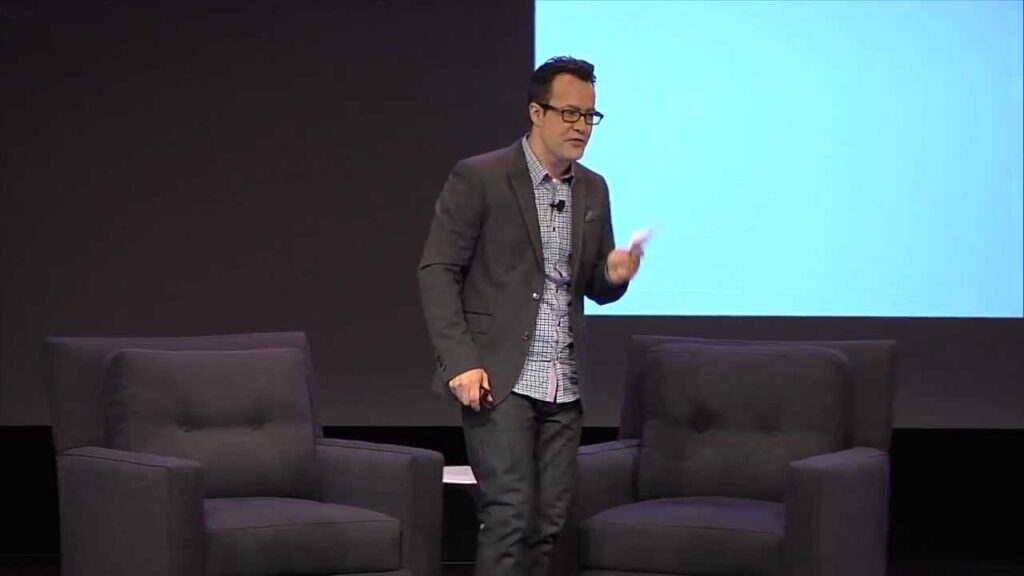Understanding Blockchain Technology: Explained at Five Different Levels of Complexity
Summary
In this article, we explore blockchain technology at five different levels of complexity. Bettina Warburg, a researcher of transformative technologies and co-founder of Animal Venture, explains blockchain as a decentralized way of trading that uses cryptography to ensure security. We discuss how blockchain is changing the way trade is conducted, and the need for education, standardization, and collaboration with enterprises to create real-world applications.
Table of Contents:
- What is Blockchain Technology?
- The Evolution of Trade and Blockchain Technology
- Real-World Applications of Blockchain Technology
- The Current State of Blockchain Technology
- The Future of Blockchain Technology
- Conclusion
What is Blockchain Technology?
At its most basic level, blockchain is a new way to trade with anyone all over the world without needing a store or middleman. Instead of one company with one database that holds all the information, blockchain is a network of computers that all have the same history of transactions, making it a decentralized way of trading. It uses cryptography to encode all transactions and ensure security. Essentially, blockchain is a ledger or accounting system for all sorts of things that get traded, but instead of being owned by one company, it’s owned by everybody.
The Evolution of Trade and Blockchain Technology
The speaker discusses the evolution of trade and how technology has facilitated the exchange of value through digital marketplaces and platforms like Uber, Airbnb, and Amazon. However, blockchain technology allows for one-to-one trading at scale without a company in the middle. Instead, the technology is run by software code and a network of computers that guarantee transactions. While blockchain technology may take away business from middlemen in some cases, it has more use cases beyond cryptocurrency. The speaker also mentions the need for identity structures that leverage blockchain technology to verify legitimate sellers or producers of items. The technology is changing the way trade is conducted, and new rules and economics will have to be written. However, there are trust issues and a need for education before the technology can be widely used.
Real-World Applications of Blockchain Technology
The current state of blockchain is in the research stage, with many companies and consortiums building private blockchains. There are also proof of concept projects in various fields, such as energy, pharmaceuticals, and retail. Blockchain is a persistent, transparent, public, append-only ledger that relies on a mechanism for creating consensus between distributed parties. It randomizes the process to ensure that no one can force the blockchain to accept a particular entry onto the ledger that others disagree with. In terms of real-world applications, blockchain could be used in the next generation of distributed smart grid technology for electricity. Blockchain does not make solving this problem easy, but it makes it possible.
The Current State of Blockchain Technology
While some people are excited about the monetization opportunities around blockchain, some of the excitement is also hype. To make blockchain useful for the average person, more education, standardization, and collaboration with enterprises are needed to create real-world applications. The technology is still in its infancy, and there are many challenges to overcome, such as scalability, interoperability, and regulatory compliance. However, blockchain has the potential to revolutionize many industries, from finance to healthcare to supply chain management.
The Future of Blockchain Technology
In conclusion, blockchain technology is a complex and multifaceted topic that can be explained at different levels of complexity. At its core, it is a decentralized way of trading that uses cryptography to ensure security. While blockchain technology has more use cases beyond cryptocurrency, it is still in the research stage, and there are many challenges to overcome. However, the potential benefits of blockchain technology are enormous, and it could transform the way we live and work in the future. As the technology evolves, we will need to continue to educate ourselves, collaborate with others, and experiment with new applications to unlock its full potential.






